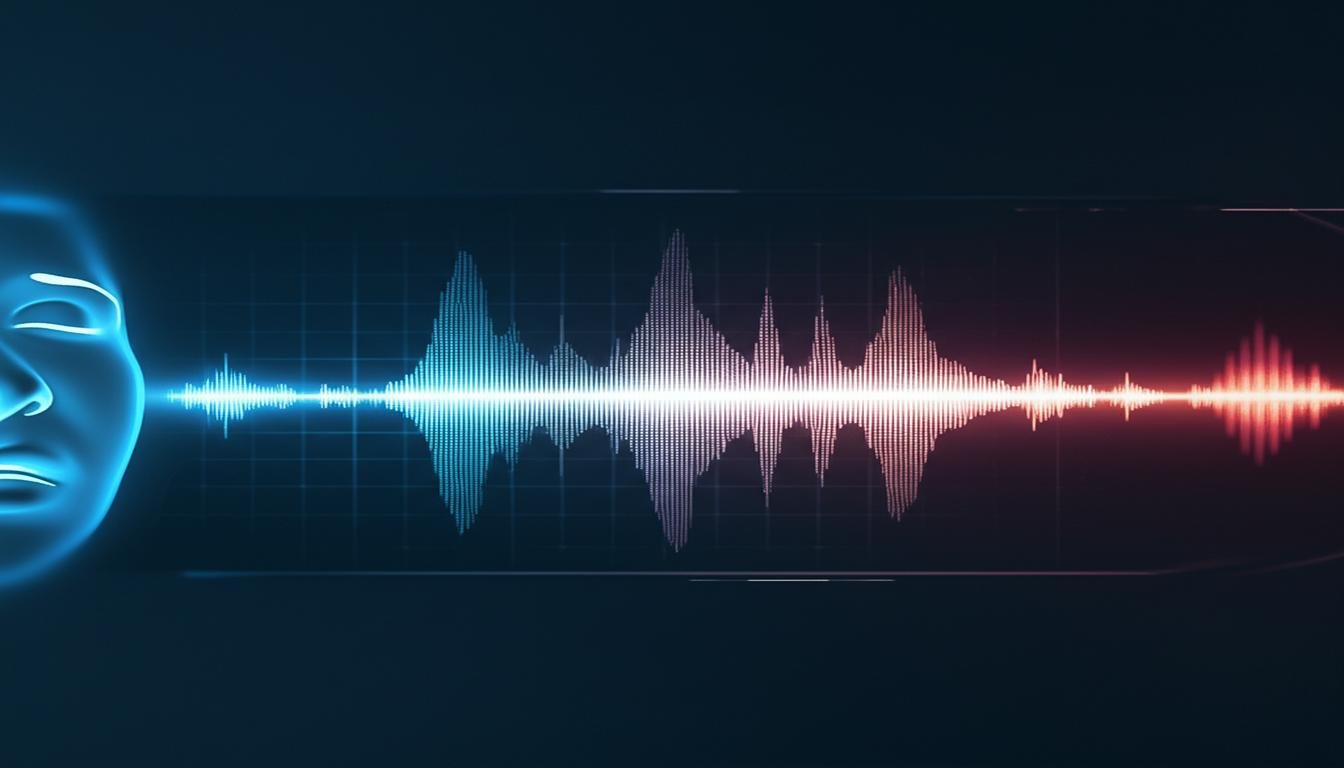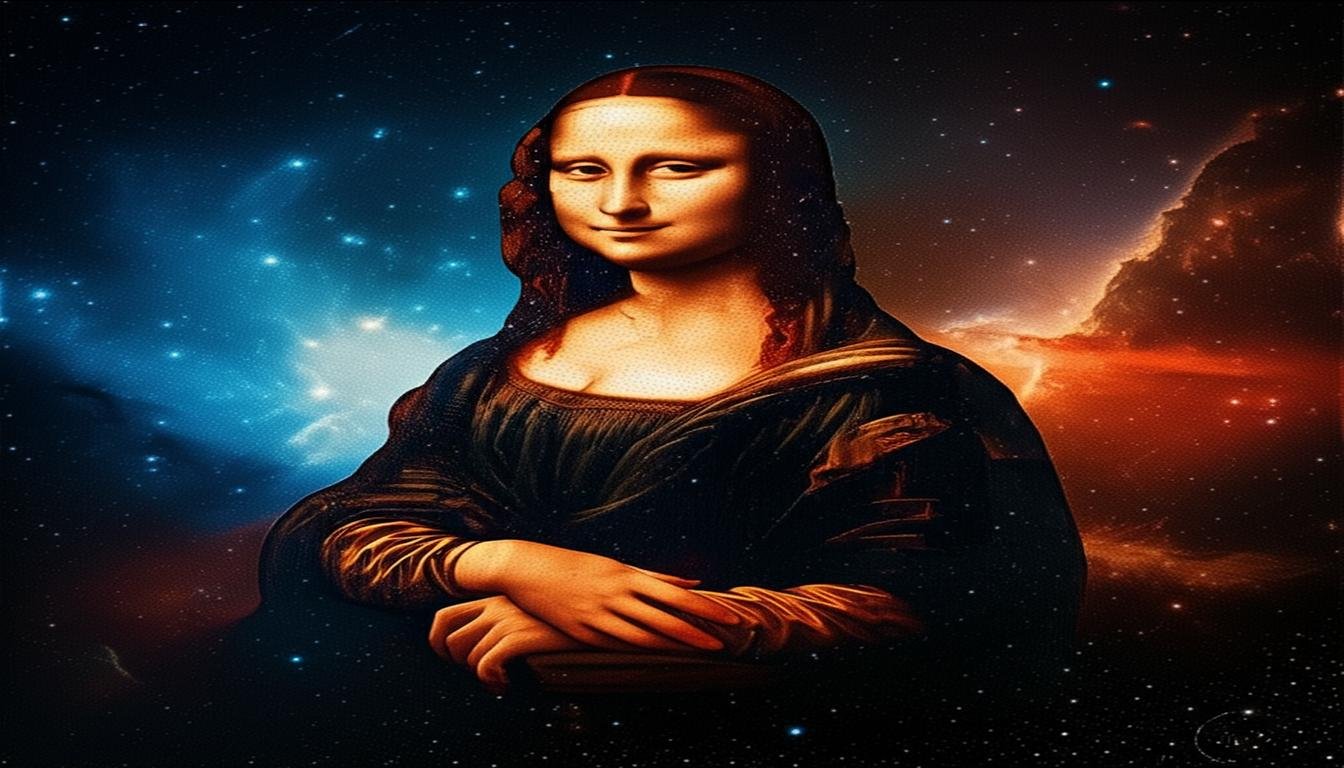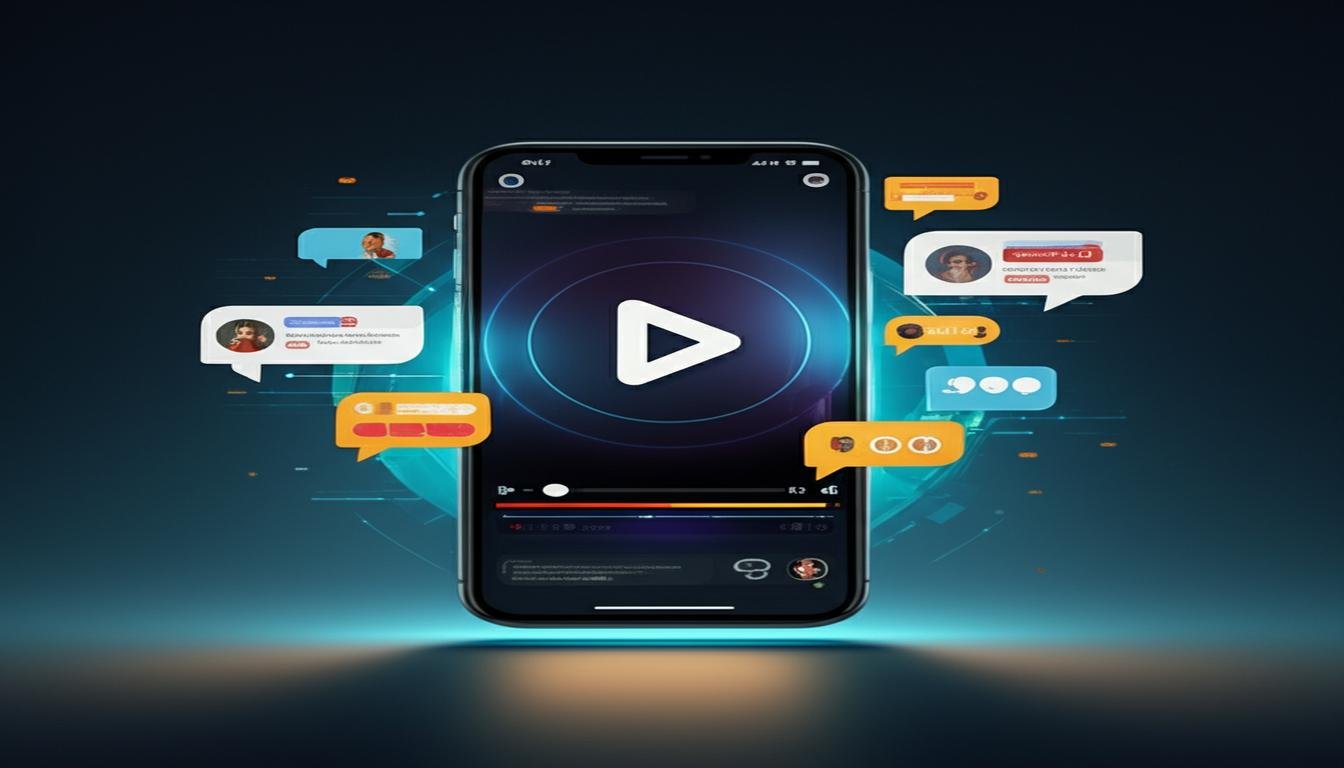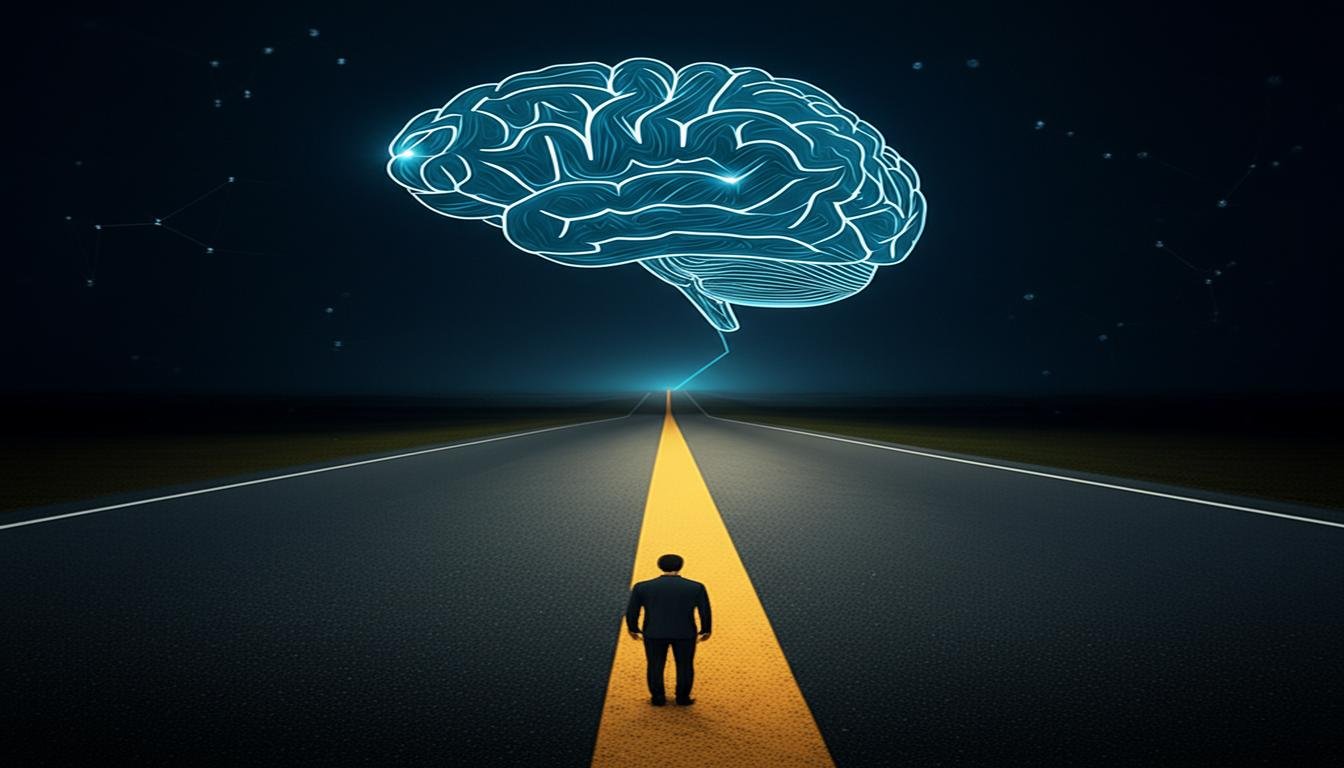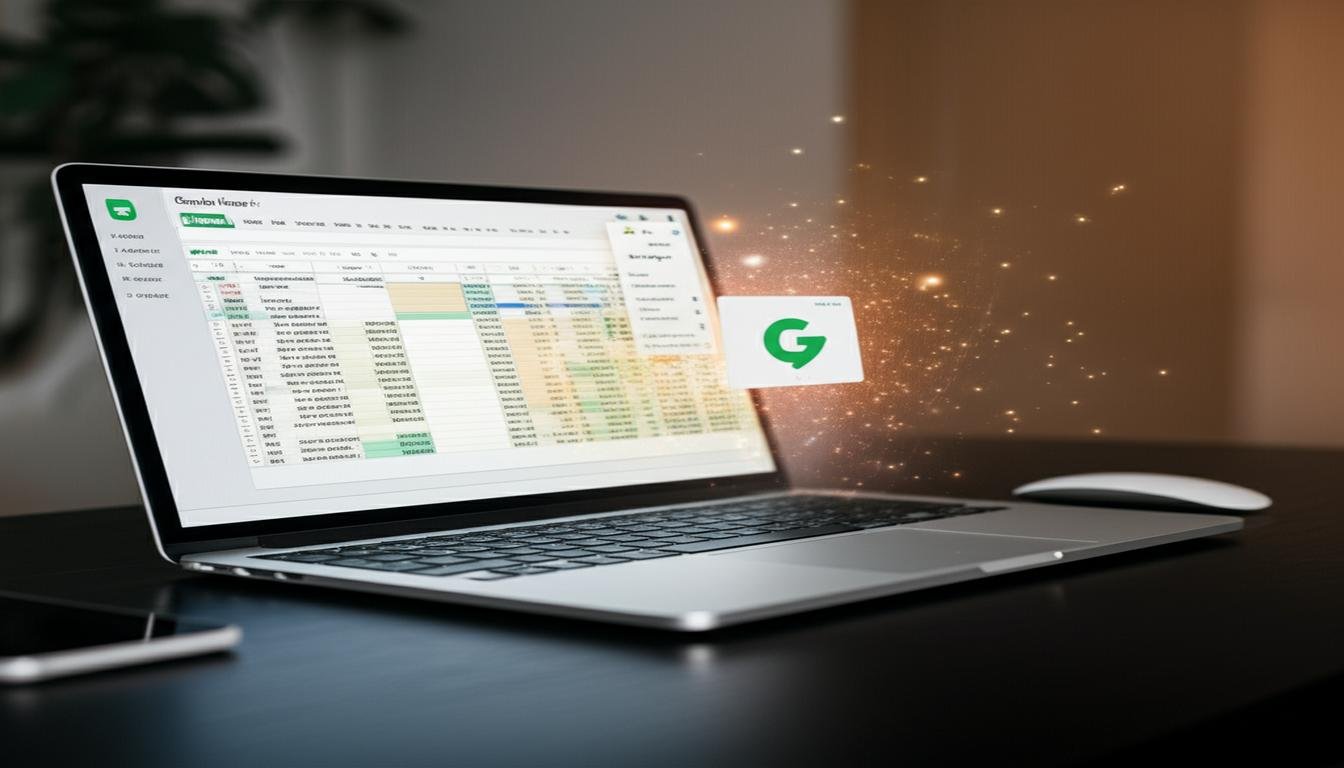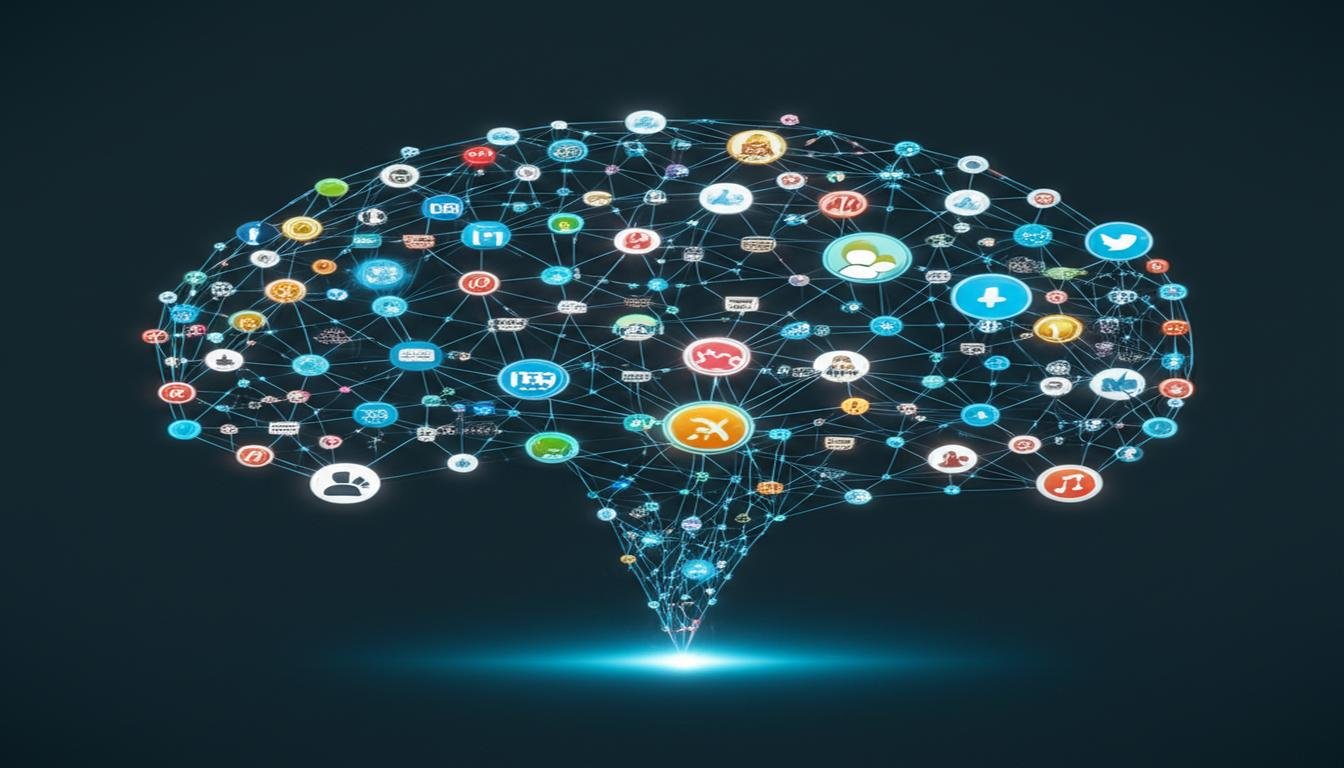The lights dim. The popcorn is ready. You’re settling in for the next big blockbuster, but here’s a thought that might make you spill your soda: what if that entire script, from the thrilling opening to the tear-jerking finale, wasn’t written by a human at all?
Sounds like science fiction, right? Well, it’s not. There’s an AI making waves – and more than a few nervous tremors – in Hollywood, capable of churning out complete movie scripts. And yes, the industry that thrives on human storytelling is, understandably, starting to panic.
AI Screenwriting: The New Kid on the Block (and It’s a Prodigy)
For years, AI in film meant better special effects or smarter editing. Now, we’re talking about AI that understands narrative structure, develops character arcs, and even writes dialogue that, at first glance, feels totally authentic. Imagine giving a computer a few basic ideas – say, “a quirky detective, a missing heirloom, and a twist in Paris” – and moments later, it spits out a first draft of a feature film.
These aren’t just glorified Mad Libs. Modern AI models are trained on vast datasets of existing screenplays, novels, and even real-world conversations. They learn patterns, emotional beats, and what makes a story captivating. They can generate multiple variations of a scene, explore different endings, or even suggest character motivations you hadn’t considered. It’s a remarkable leap in creative technology, and it’s shaking up the traditional writing room.
Why Hollywood Is Clutching Its Pearls
When you hear “Hollywood is panicking,” it’s not just about creative purists. There are some very real, very bottom-line reasons for concern:
- Cost Savings: Screenwriters command hefty fees, especially for a hit script. An AI doesn’t ask for residuals, doesn’t need a trailer, and works 24/7. The potential for studios to drastically cut development costs is massive.
- Speed & Efficiency: A human writer might take months, or even years, to perfect a script. An AI can generate dozens of iterations in a day. This could speed up the entire film production pipeline, getting more content out faster.
- Data-Driven Hits: AI can analyze what kinds of stories resonate with audiences, what tropes are trending, and even predict potential box office success based on narrative elements. It could theoretically write a script “designed” to be a hit.
- Job Security for Writers: This is the elephant in the room. If an AI can write a passable script, what does that mean for the thousands of human screenwriters trying to break in or make a living? It’s a legitimate fear that many creative jobs could be impacted.
The Human Touch: Can AI Truly Replace It?
Before we declare the end of human-written cinema, let’s pump the brakes. While AI is incredibly powerful, there are nuances it still struggles with. Can it truly capture the raw, unpredictable spark of human genius? The deep, personal trauma that fuels a character? The subtle irony that only a human mind can truly appreciate and weave into dialogue?
Think about it: the best movies often come from unique perspectives, lived experiences, and a certain undefinable “soul.” Can an algorithm truly innovate in a way that transcends its training data? Can it feel heartbreak, or find joy, or truly understand the human condition beyond patterns in text?
Many in the industry argue that while AI can generate a technically sound story, it might lack the genuine emotional depth, originality, and the unexpected flashes of brilliance that define a truly great film. The kind of film that stays with you long after the credits roll.
A Future of Collaboration, Not Replacement?
Perhaps the future of filmmaking isn’t about AI replacing human writers, but working *with* them. Imagine an AI as a super-powered assistant:
- Brainstorming Partner: Struggling with a plot point? AI could suggest dozens of solutions.
- First Draft Generator: Get a rough draft quickly, then humans refine and infuse it with emotion and originality.
- Character Development Aid: Explore different character backstories or motivations instantly.
- Dialogue Coach: Offer alternative lines, or help find the perfect rhythm for a scene.
In this scenario, human screenwriters wouldn’t be obsolete; their roles would evolve. They might become story architects, AI wranglers, or creative directors, guiding the AI to produce something truly extraordinary, while still injecting that crucial human element.
The Curtain Rises on a New Era
The advent of AI writing entire movie scripts is more than just a technological marvel; it’s a profound challenge to an industry built on human creativity. It forces us to confront difficult questions about the nature of art, originality, and the value of human labor in a rapidly automating world.
Hollywood isn’t just panicking; it’s also adapting. The future of film might be a fascinating blend of algorithmic efficiency and irreplaceable human artistry. One thing’s for sure: the movies you watch a few years from now might have a very different kind of story behind their creation. What do you think? Is this the end of human screenwriters, or just a dramatic new chapter?



